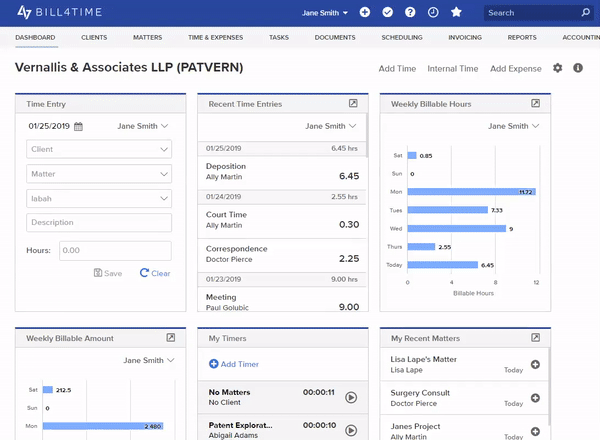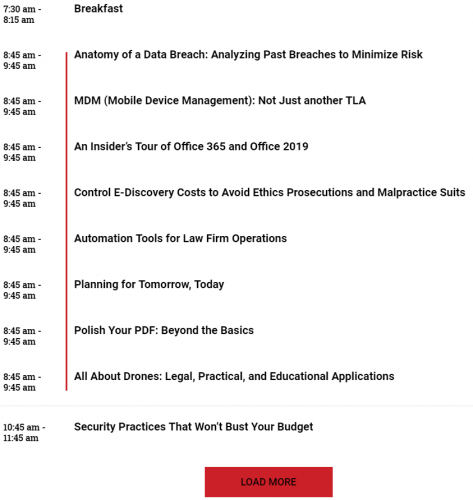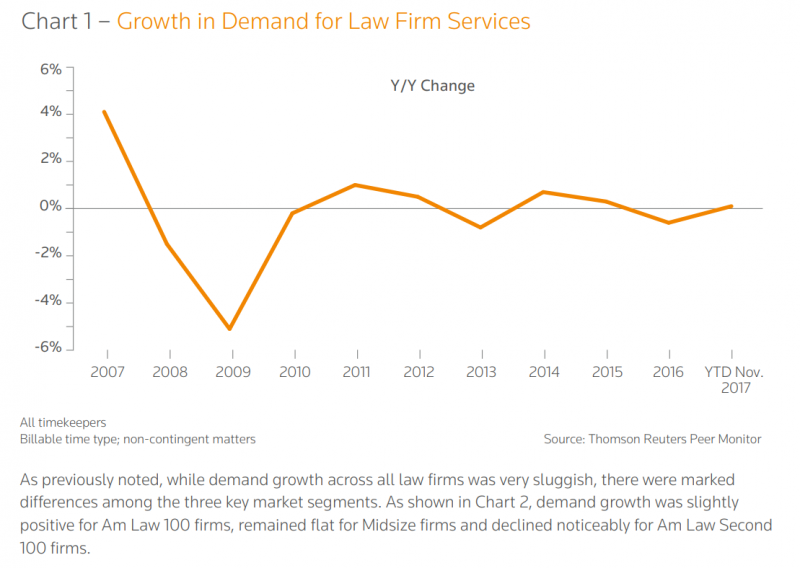The Hapke Law Office is focused on one thing — Environmental law. 
Peter Hapke is the firm’s owner and sole employee. He runs his successful virtual law firm out of his home.
He has low overhead, which means that as an experienced lawyer, he can offer very competitive billing rates to his clients while realizing a good profit. He can provide first rate service to his clients while also enjoying a level of freedom and flexibility most attorneys dream about.
It’s quite a contrast. The vast majority of attorneys at larger firms have a very different story to tell.
What makes the difference? How is Hapke able to achieve such stellar results on his own?

The Challenge
“I came out to Seattle to take a position with the Seattle city attorney’s office where I continued doing environmental law in the environmental law section, and then had a stint at The Boeing Company in their law department doing environmental law. But I wanted to get back to downtown Seattle and into private practice, so I opened a solo private practice in 2005.“
When Hapke opened his own practice, he wanted to ensure that his firm met his expectations, so he set a few specific goals.
- Maximal ease-of-use from his practice management software
- An automated, contemporaneous timekeeping tool
- Tools that eliminate his need for administrative employees, an outside office and the significant overhead that comes with it
- An approach to running his practice that allowed maximum time focusing on client issues and minimum time on internal administrative matters
This seems like a tall order doesn’t it? Is it though?
Hapke previously relied on a different timekeeping software to manage his firm’s financials, but it wasn’t a good fit. He found the old software to be difficult to use and far from intuitive, restricting when and how he was able to work with his data.

The Solution
“In my solo practice, I was using a well-known software and I use a desktop PC. I found this software very difficult to use efficiently.
In 2012, I joined Advocates Law Group as a partner, and the firm had a really good bookkeeper who used Bill4Time for all the firm lawyers.
So that’s when I first learned about Bill4Time. When I went out on my own again in 2016, I kept Bill4Time. It’s just been great, because it’s so easy to use; it’s a well-designed platform.“
Hapke wanted to keep his attention focused on the advocacy. He needed to serve his clients, focusing on their interests. He didn’t have the time for unnecessary administrative work, and he certainly wasn’t interested in micromanaging his own firm. He was looking for a way to solve his challenges. A way to create systems and procedures that would semi-automate his firm.
Could it be done? He turned to Bill4Time for help with his list of complex problems.
Here’s what Hapke found:
“I don’t micromanage the practice that much, because I am solo. I don’t have employees, I don’t actually send out the invoices, my bookkeeper does that. Bill4Time is just so convenient for getting information quickly to our accountant at tax time, using the data and generating reports. So I’ve been really happy with it.“
Hapke was able to solve each of the challenges he faced when he decided to go solo. But why were these details so significant? Was it simply because he wanted lower overhead costs and greater flexibility to meet all of the other responsibilities in his life – helping care for three children, maintaining a deep interest in public policy issues, caring for his aging parents, and pursuing a variety of outdoor activities?
Well, sure. But there’s a bigger reason at play here. Clients today are overwhelmingly focused on value creation. They will not tolerate unsupported hours billed, and billing rates are constantly under scrutiny.
“I’ve been fortunate to be referred good clients, who had been paying for a team of lawyers at big firms, without needing all of those resources for the project. As an experienced environmental solo with low overhead, I can provide comparable results, without the high fees.
These clients are much happier now, because they are still getting the guidance of a lawyer with more than 30 years of experience, but they are only getting one bill, and it’s not nearly as high, because it’s not a large firm that has multiple attorneys working on a single matter and so much unproductive overhead.”
Hapke says that clients value and are eager for an individual, one-on-one relationships. With software, tools and resources that manage his firm and keep costs (and hence billing rates) down, Hapke is able to offer excellent value, which attracts clients. The kind of value they won’t receive from bigger law firms.
“Clients nowadays are more sensitive to billing and to cost. I have a spectrum of clients, but you know they all want to see efficient, value-added legal services.”
Hapke is able to meet his clients’ cost and value guidelines efficiently.

The Results
“I am able to really keep costs to a minimum. I don’t have the overhead of the downtown office or a lot of mouths to feed. Still, I have a new billing rate that I’ve had for about two or three years.
But clients in the environmental arena with a lot of projects are more year to year, they don’t end quickly.
For the clients that are five, six years old, I haven’t raised my rate and I think they appreciate that. My new rate is $50 higher, but I’ve decided not to say to these clients my billing rate is going up, because this is my current rate. I’m sure they’d be fine with it if I did. But I just felt like it wasn’t necessary given my low overhead.“
Hapke’s low maintenance business model, the right software and helpful support means Hapke can deliver an incredible amount of value at a lower price point than any of his competitors.
The best part?
The vast majority of his revenue is primarily his low overhead which provides a sustainable profit.
This gives him the ability to provide clients with a few must-have but difficult-to-find amenities.
- Individualized, one-on-one attention for each of his clients
- 24/7 access to him via phone, email or text messages
- No bureaucracy or red tape on his part
- An emphasis on personal relationships
“So many clients here, don’t like to drive into downtown Seattle for a client meeting. I work out of my home, so I don’t have the overhead of an office and I’m in a neighborhood just southeast of downtown Seattle. I meet clients at a local cafe, and they love it.“
Hapke’s business model, the software, systems and procedures running his business give him a lifestyle most attorneys can only dream about.
What has the impact been on Hapke personally?
“Bill4Time just gives you a comfort level, because it’s so easy to use and so efficient. You don’t have to think about it. You don’t have to worry that your time entry isn’t saved. You know you can always go back and edit it, or easily create a new time entry for a prior day if you did not have time to create the entry the day you did the legal work.
We couldn’t live without computers. They’re our lifeline, but they can be frustrating and difficult to use.
Bill4Time eliminates any anxiety you may have with your PC. It’s really nice, especially for small and solo practitioners who don’t have an IT department or ready access to IT people.
It’s nice not having to worry about any of that for your software, now it’s really user-friendly and well designed.“
Systems and software transformed Peter Hapke’s solo virtual law firm.
First, he decided how he wanted to run his firm. Then he found the tools and resources that enabled him to make his vision a reality.
The results?
An exceptional firm where freedom is a given, flexibility and sustainable profits are assured.

 Bill4Time product team releases new and enhanced features, system improvements, and bug fixes several times per week. Organized by month, the Release Notes blog series will highlight all the changes we’ve implemented, so you can easily stay up-to-date on what’s new.
Bill4Time product team releases new and enhanced features, system improvements, and bug fixes several times per week. Organized by month, the Release Notes blog series will highlight all the changes we’ve implemented, so you can easily stay up-to-date on what’s new.







